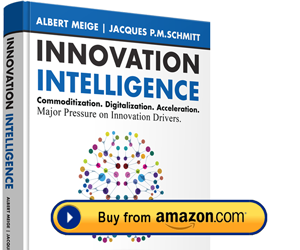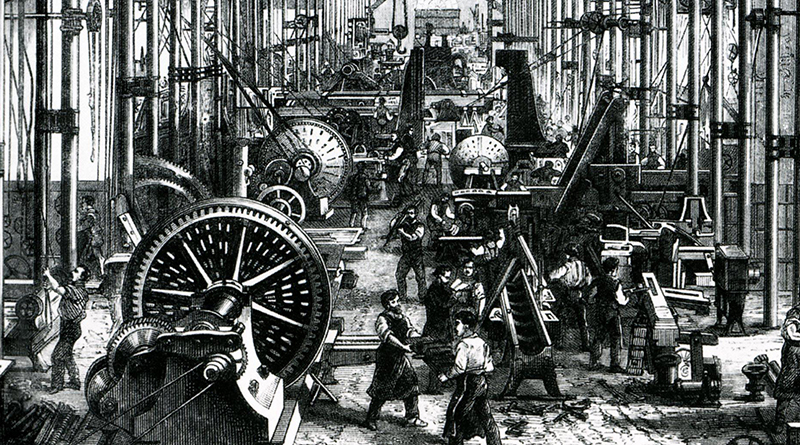This short chapter elaborates on works by Jeremy Rifkin and also Stefan Heck and Matt Rogers. They see our world entering a third Industrial Revolution. The first Industrial Revolution, which took place during the late-eighteenth and early-nineteenth centuries and was associated with steam and steel, boosted industrial productivity. The second Industrial Revolution, also called the Technological Revolution, took place during the late-nineteenth and early-twentieth centuries and was associated with urbanization and corporate creation, mainly with regard to corporate banking and research and development (R&D).
We are entering a new period, during which the focus will be on sound management of resources. Although Rifkin focuses mainly on energy, we agree with the prediction of Heck and Rogers that nearly all resources will be globally managed as they become increasingly scarce. The third Industrial Revolution will exploit the power of Internet to change many wasteful aspects of our lives. For example, Uber may be the first sign of an attempt to temper the waste of energy and space associated with individual ownership and use of cars.
Another resource which may be managed differently during and after the third Industrial Revolution is the work force. During the first Industrial Revolution, the work force was on hire, but during the second Industrial Revolution permanent employment became the rule. Companies were retaining, by contract, their skilled employees who were driving internal innovation. We think this approach may change again during the third Industrial Revolution. Trends are indicating that we may be returning to an open market of skills. All scenarios describing professional life in 2030 include a considerable increase in workforce flexibility, in particular for those workers who have the most valuable skills.

This article was initially published in the book Innovation Intelligence (2015). It is the summary of the first chapter.
From decision to action
The Conciergerie helps you engage on demand top level experts for industrial innovation


